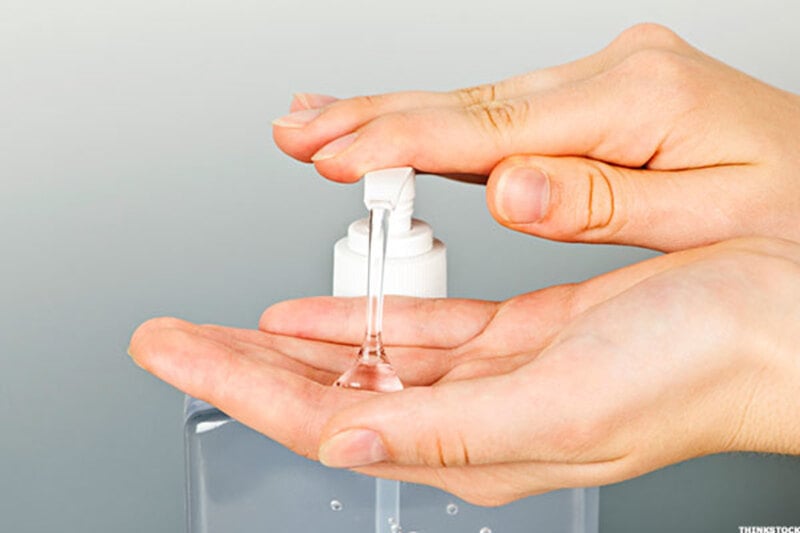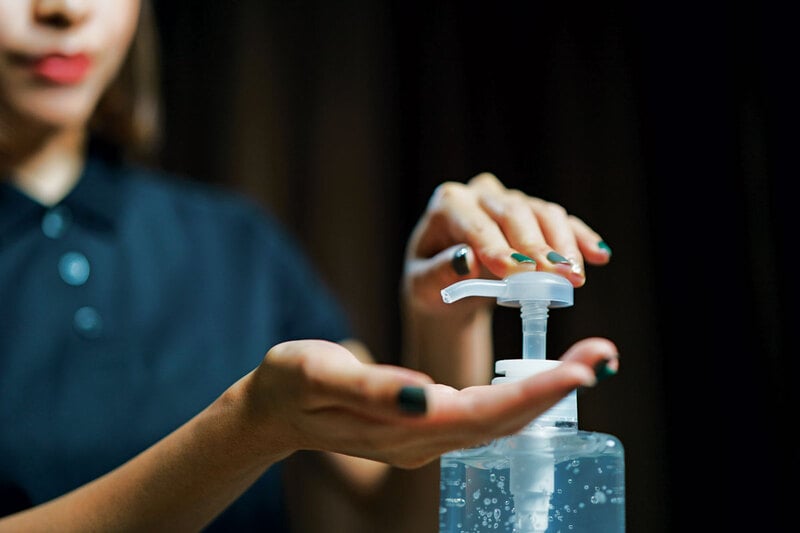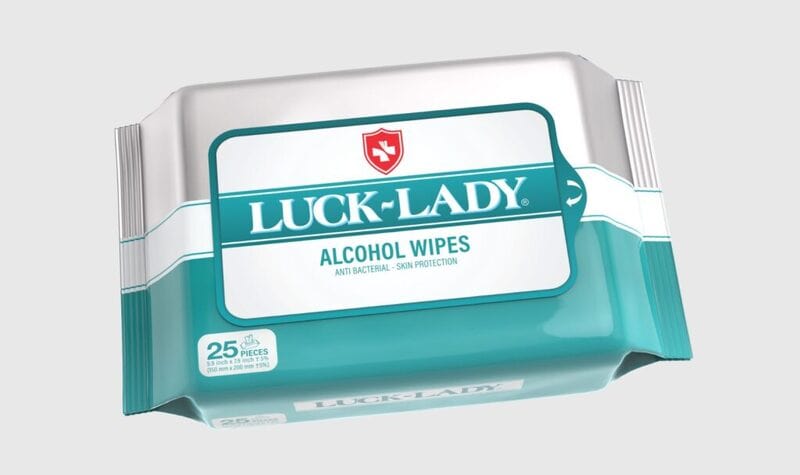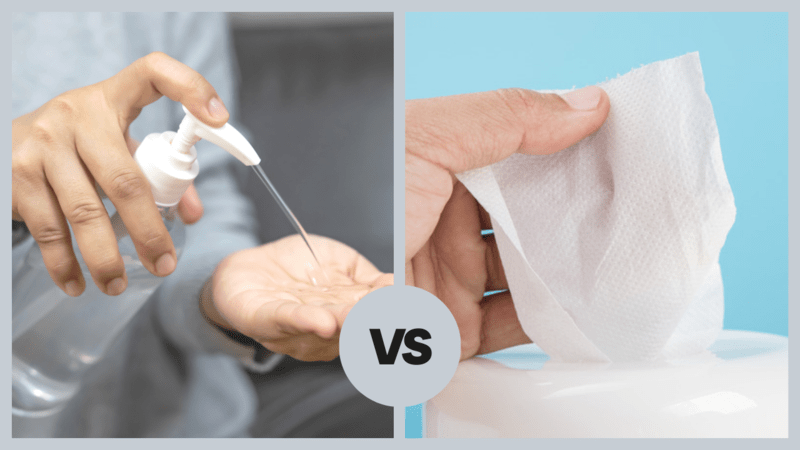Antibacterial wipes vs hand sanitizer: Which is more effective? When it comes to maintaining hygiene, these two options have become popular choices. In this article, we will explore the effectiveness and benefits of antibacterial wipes and hand sanitizer, when to use them. Let’s discover now.
Related: 10 Best Wet Tissue Wipes With Good Price for Baby & Adult Health
1. The importance of hand cleaning
Maintaining proper hand hygiene is essential in preventing the spread of bacteria and viruses, including the coronavirus. Whether using liquid hand sanitizer or antibacterial wipes, it is crucial to thoroughly cover your hands with the sanitizer and continue rubbing it in until it is completely dry.
Also, never wipe off the sanitizer prematurely and always wait for it to dry thoroughly. These effective hand hygiene habits help protect against the transmission of harmful pathogens, ensuring our overall health and well-being.

Discover cleaning products: Alcohol wet tissue – Best rated antibacterial wipe & All you need to know
2. What makes hand sanitizer effective?
The primary focus when choosing a hand sanitizer lies in the active ingredients it contains. According to the guidance provided by the Food and Drug Administration (FDA), it is recommended that hand sanitizers consist of 60% to 95% ethanol or isopropanol, as these ingredients possess superior germ-fighting capabilities.

On the other hand, while benzalkonium chloride is recognized as an FDA-approved sanitizing ingredient, it is suggested that it may be less effective against specific bacteria and viruses when compared to the aforementioned alcohols. Therefore, considering the effectiveness of the active ingredients is crucial when selecting a hand sanitizer for optimal germ/ protection.
See more: Can you use antibacterial wet wipes on your bum?
3. When is the best time to use hand sanitizer?
Hand sanitizer is most effective when used as an alternative to handwashing, especially in situations where access to soap and water is limited. It is a convenient option for on-the-go use, particularly after touching potentially contaminated surfaces.
However, it is important to avoid storing hand sanitizer in hot environments, as high temperatures can cause the alcohol content to evaporate, diminishing its effectiveness.

4. What makes antibacterial wipes effective?
Alcohol-based antibacterial wipes should have a percentage of alcohol greater than 60%, preferably in the form of ethanol or propanol, for optimal effectiveness. Ready-to-use wipes with a strong substrate can disinfect larger surface areas with fewer wipes, reducing costs while ensuring a clean and safe environment for employees.

Related: Are antibacterial wipes safe? | How to use them correctly
5. When is the best time to use antibacterial wipes?
Antibacterial wipes are best utilized in various situations to maintain cleanliness and hygiene. But mostly for convenient and waterless sanitization, hand and surface wipes are ideal for maintaining protection between washroom visits. They are also suitable for sensitive skin, providing a versatile solution to ensure cleanliness throughout the day.

Find out more:
- Can you wipe with antibacterial wipes? 10 common mistakes!
- What are antibacterial wipes? Everything you need to know
6. Antibacterial wipes vs hand sanitizer: Which ones are better?
It’s crucial to note that the most optimal way to clean your hands is with soap and water, as advised by experts.
Sanitizing wipes and gels can indeed kill bacteria and viruses. However, their effectiveness is greatly enhanced when used on clean hands. If your hands are dirty or covered in oil, the active ingredient, typically alcohol, may not be able to effectively penetrate through to the skin, resulting in reduced germ-destroying capabilities.

When considering the superiority of wet wipes versus hand sanitizers, these points also count:
- Wet wipes offer longer-lasting effects in preventing the spread of bacteria compared to the relatively shorter-term effects of hand sanitizers.
- While hand sanitizers may not entirely eliminate all germs and bacteria, alcohol-based hand wipes work by destabilizing the cells of viruses and bacteria, resulting in the destruction and inactivation of 99.9% of them.
Given the comparison between antibacterial wipes and hand sanitizers, it’s essential to consider these factors to make an informed choice regarding which option suits your needs better for effective and thorough hand hygiene.
Antibacterial wipes vs hand sanitizer have always been a hot topic. Antibacterial wipes offer thorough cleaning and physical removal of dirt and germs, while hand sanitizer provides quick and convenient disinfection. By understanding their advantages, you can make a wise choice to ensure effective hand hygiene and protection against harmful bacteria.
Related:




